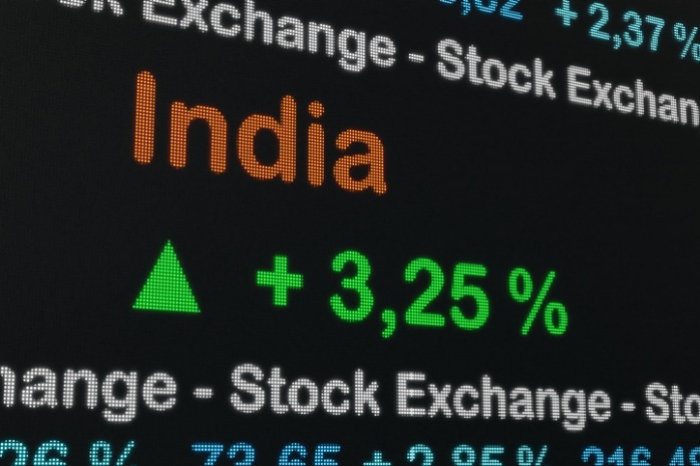
India has emerged as a new darling for South Korean investors actively searching for an alternative to . According to Seoul-based financial data firm FnGuide Inc., nine exchange-traded funds (ETFs) tracking Indian securities are listed on a Korean exchange, of which four debuted on the market this year.
Koreans’ total investments in those nine Indian ETFs more than tripled to 1.3 trillion won ($975.6 million) as of Sept.

12 from 408 billion won on the first trading day of this year. The total assets under management of the nine ETFs also soared to 1.8 trillion won from 597.
3 billion won over the same period. Koreans’ craving for Indian securities-tracking ETFs has been driven mainly by this year on the back of high expectations for the South Asian country's economy. India’s benchmark stock index Nifty 50 added 16.
63% for the year to date, ranking fifth after the Taiwan Stock Exchange Weighted Index (TWSE) with a 21.35% gain, Denmark’s OMXC index with 20.60%, the US S&P 500 with 17.
91% and the Nasdaq Composite with 17.79%. Of the nine Indian ETFs trading in Korea, five ETFs, such as the Kiwoom KOSEF Nifty 50 India ETF, the Mirae Asset Tiger India Nifty 50 ETF and the Samsung KODEX India Nifty50, track the Nifty 50 index.
However, the other four ETFs launched this year track specific sectors or securities in India other than the Nifty 50 index. Mirae Asset Global Investments Co. in May introduced the composed of India’s top 20 consumer brands, while Samsung Asset Management Co.
rolled out the Samsung Kodex India Tata Group ETF with Tata Group’s companies as underlying assets. – ACE India Consumer Power Active and ACE India Market Representative BIG5 Group Active – which focus on growth sectors in India. The former tracks 15 companies across consumer discretionary sectors, including home appliances, automobiles and healthcare, in India, while the latter invests in five major Indian conglomerates such as Tata, Reliance, Adani, L&T and Bajai.
The newcomers aim for early returns by investing in non-financial growth stocks expected to benefit from India’s speedy economic development. Despite the rapid gains this year, the Indian securities-tracking ETFs still have room to grow, market analysts said, adding that India is considered the “Next China” in the financial market. The market capitalization of the Indian stock market this year topped $5 trillion, the fifth-biggest value after that of the US, China, Japan and Hong Kong.
Investors, however, need to keep a long position for the Indian securities-tracking ETFs for the long term after their sharp gains this year, which have elevated their market valuation high, some market analysts advised. The Indian stock market is technically overheated, said Shin Seung-woong, an analyst at Shinhan Securities Co., adding that India is, however, one of the top picks among emerging markets considering the Indian stock market’s potential growth trend.
Man-Su Choe at.










